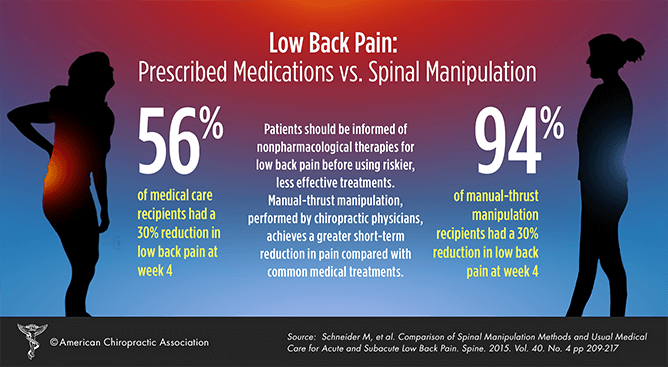Fascinated In Establishing The Variety Of Cold Laser Treatment Sessions You Will Need?
Fascinated In Establishing The Variety Of Cold Laser Treatment Sessions You Will Need?
Blog Article
Content Author-Weiss Herndon
When thinking about cold laser therapy, you may wonder about the number of sessions required to see results. Click On this site isn't one-size-fits-all; it depends upon various variables one-of-a-kind to your situation. Understanding the regular series of sessions and just how therapy strategies can be tailored to your particular needs is crucial for accomplishing ideal end results. So, as therapy for women armonk start your cold laser treatment journey, keep in mind the value of personalized treatment and the factors that affect the session frequency.
Factors Impacting Session Regularity
To identify the ideal regularity for your cold laser therapy sessions, consider factors such as the extent of your problem and your body's response to treatment.
For more serious or chronic conditions, you might benefit from more constant sessions initially to target the issue area efficiently. Your body's feedback plays a vital function; if you see enhancements after each session, spacing them out could be ideal. Nevertheless, if progression is slower, much more frequent sessions could be needed.
Your general health and wellness and way of living likewise effect session regularity. If you have a busy timetable or find it testing to make time for treatment, fewer, longer sessions might be more practical. On the other hand, if you can commit to normal shorter sessions, this could be a lot more useful.
Communicate honestly with your doctor to analyze your development and change the regularity accordingly. Keep in mind, the objective is to discover an equilibrium that enhances your treatment end results while fitting your individual requirements.
Normal Variety Of Sessions
Think about the typical number of sessions needed for cold laser treatment based upon your problem's intensity and therapy action. Typically, for severe problems like sprains or pressures, you may require between 6 to 12 sessions to experience substantial alleviation. Chronic conditions such as arthritis or neuropathy may call for a more extensive therapy strategy, typically varying from 10 to 30 sessions.
The frequency of sessions can likewise affect the total number needed. Initially, you could've sessions multiple times per week to start the recovery procedure. As your condition boosts, the frequency might reduce to when a week or bi-weekly.
Your body's reaction to therapy plays a crucial role in establishing the complete number of sessions required. Some individuals respond rapidly to cold laser therapy and may need less sessions, while others might require more to attain the desired results.
Customizing Treatment Strategies
Tailoring therapy plans to specific requirements and reactions is important in making best use of the performance of cold laser therapy sessions. By personalizing therapy strategies, doctor can attend to particular issues, target issue areas more precisely, and adjust the regularity and intensity of sessions to fit each individual's unique requirements.
Elements such as the extent of the condition being treated, the person's general wellness condition, and their feedback to previous sessions all play a vital role in figuring out the most efficient treatment strategy.
Tailoring treatment strategies also enables doctor to adjust to adjustments in the patient's problem in time. As individuals proceed via their cold laser treatment sessions, their reaction to treatment may progress, demanding modifications to ensure ongoing improvement.
Verdict
In conclusion, the variety of cold laser therapy sessions you need depends on the extent and chronicity of your condition.
It is necessary to work closely with your doctor to personalize a treatment plan that satisfies your specific needs.
By monitoring your body's action and readjusting session regularity as required, you can accomplish the most effective results and experience remedy for your signs.
